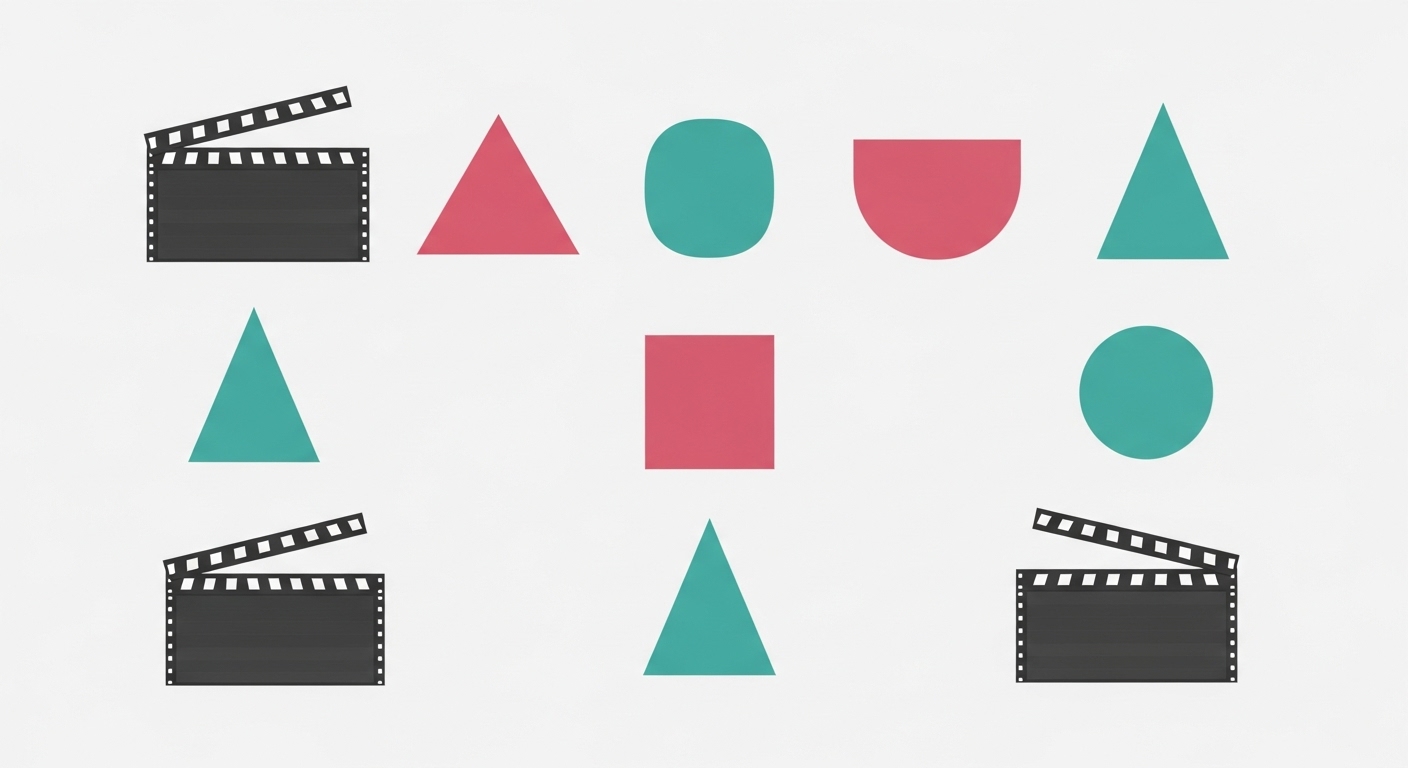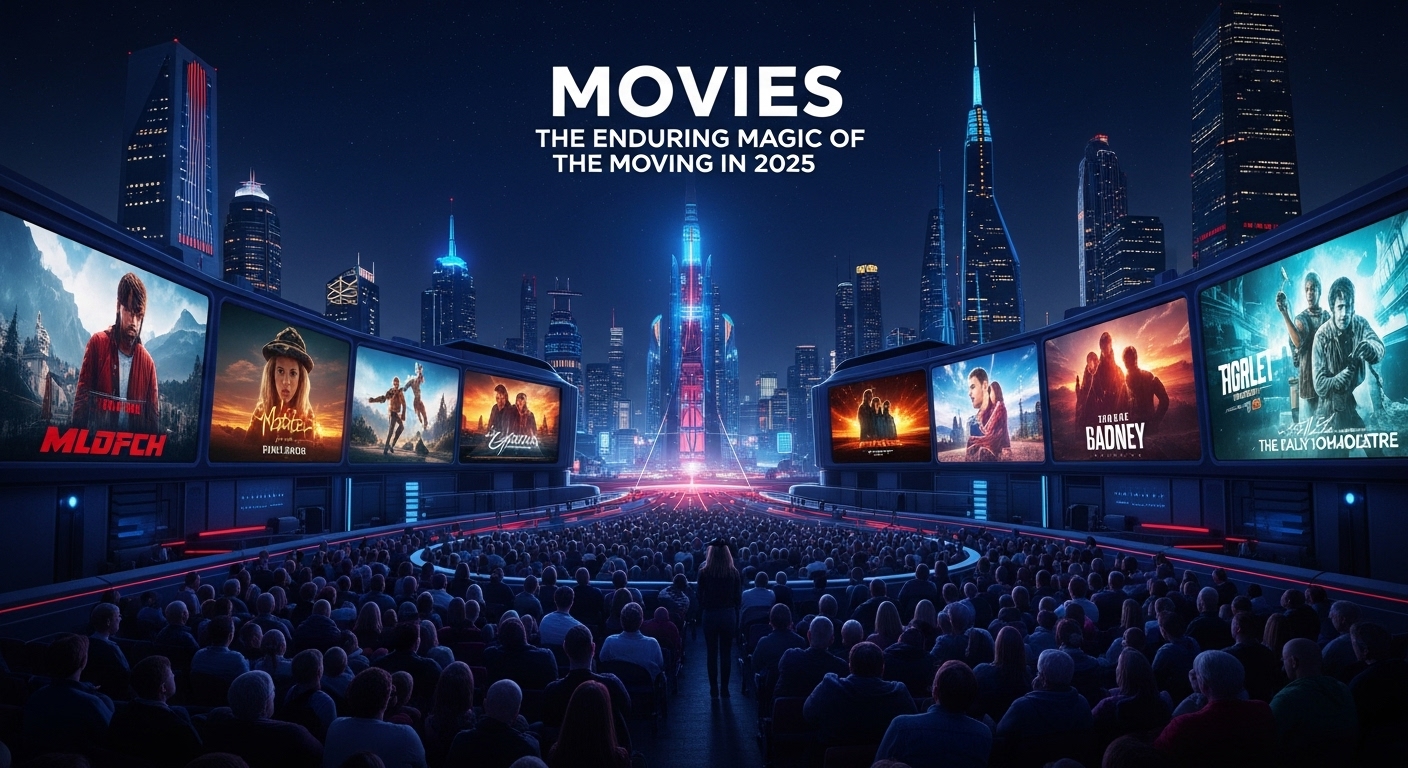Romantic movies have always held a special place in cinema. They capture the intensity of love, the complexities of human emotions, and the beauty of relationships that transcend time. While action films may excite and thrill, and comedies bring laughter, it is romance that touches hearts and leaves lasting impressions. The best romantic films are timeless, resonating across generations and cultures because they speak to universal feelings of love, longing, and connection.
Cinema has given us countless romantic classics over the years. From grand period dramas to modern love stories, from tales of sacrifice to narratives of passion, romance in film reflects the many dimensions of human relationships. These movies do more than entertain; they remind us of the depth and power of love itself.
The Power of Romantic Cinema
Romantic movies are more than stories about couples. They often reflect the values, struggles, and desires of the societies they come from. In many ways, they shape cultural perceptions of love. A great romance film captures joy, heartbreak, and vulnerability while presenting characters that audiences can relate to.
The power of a romantic movie lies in its ability to make audiences feel. Whether through a stolen glance, a heartbreaking farewell, or a passionate reunion, these films immerse viewers in the emotional journey of the characters. When done well, they remain etched in memory long after the credits roll.
Early Romantic Films
Romantic films have existed since the early days of cinema. Silent films like those of Charlie Chaplin often had elements of romance intertwined with comedy and drama. Later, Hollywood’s Golden Age produced unforgettable romantic films. Movies like Gone with the Wind showcased sweeping love stories against epic backdrops, combining history with human passion.
These early films set the standard for what romantic cinema could achieve. They demonstrated that love stories were not just small side plots but could be the central narrative that carried an entire film.
Romance and Tragedy
Some of the most powerful romantic films combine love with tragedy. Movies like Titanic are iconic because they mix the beauty of a passionate love story with the devastation of loss. Titanic not only captured the grandeur of an ill-fated ship but also presented the tender relationship between Jack and Rose, reminding audiences of the fleeting yet eternal nature of love.
Similarly, films such as Romeo and Juliet show how tragic romance has long been a cornerstone of cinema. The pain of loss makes love appear even more powerful, leaving audiences emotionally moved. Tragic romances continue to resonate because they mirror real life, where love and heartbreak often walk hand in hand.
Timeless Romantic Classics
Certain romantic films are considered timeless because they continue to captivate audiences no matter the era. Casablanca is one such example. With its unforgettable lines and themes of sacrifice, the film remains a masterpiece of romantic storytelling. The story of Rick and Ilsa illustrates love caught in the middle of war and personal duty.
Another enduring classic is Breakfast at Tiffany’s, which combined charm, glamour, and emotion in a way that continues to influence cinema and fashion. Its exploration of independence and vulnerability resonates with audiences decades later.
These timeless classics prove that romance in film is not confined to any particular period. True love stories are universal and everlasting.
Modern Romantic Favorites
In modern cinema, romance has taken many forms. Films like The Notebook became cultural phenomena, winning hearts with its portrayal of enduring love that defies time and memory. Its sweeping emotions and powerful performances cemented it as one of the most beloved romantic films in recent decades.
Romantic comedies like Pretty Woman and Notting Hill brought lighter, humorous takes on love, showing how romance can be both heartwarming and entertaining. These films became iconic not only for their leads but also for their quotable dialogue and memorable moments.
La La Land represents another modern take on romance, combining music, dreams, and love in a dazzling way. Its bittersweet ending highlights the sacrifices often required in relationships, blending classic Hollywood romance with modern storytelling.
International Romantic Films
Romantic films are not limited to Hollywood. Around the world, cinema has produced unforgettable love stories. In India, Bollywood has long been famous for its romantic films, with movies like Dilwale Dulhania Le Jayenge capturing the hearts of audiences for decades. Its mix of tradition, family, and young love turned it into a cultural milestone.
In Italy, films like Cinema Paradiso celebrate romance not only between people but also with art and nostalgia itself. French cinema, often celebrated for its poetic style, has given us gems like Amélie, which tells a whimsical yet touching story of love found in unexpected ways.
International romance films highlight how love is a universal theme. No matter the culture, the language, or the setting, love stories continue to resonate deeply with audiences everywhere.
The Role of Music in Romantic Films
Music plays a critical role in the success of romantic films. A single song can elevate a scene from emotional to unforgettable. Think of the iconic theme from Titanic, which became inseparable from the story of Jack and Rose. Or the musical numbers in La La Land, which carried the emotional weight of the story through melody and lyrics.
Soundtracks create atmosphere and reinforce emotions, ensuring that certain moments live forever in the hearts of audiences. Great romantic films often owe part of their legacy to the unforgettable music that accompanies them.
On-Screen Chemistry
Another defining factor of the greatest romantic films is the chemistry between the lead actors. Audiences can sense authenticity in the performances, and the strongest romantic films feature pairs whose connection feels real.
For instance, Humphrey Bogart and Ingrid Bergman’s chemistry in Casablanca was electric, making the love story believable and compelling. Similarly, Ryan Gosling and Rachel McAdams in The Notebook brought raw intensity to their roles, elevating the film beyond a simple romance.
On-screen chemistry cannot be manufactured. When actors genuinely connect with the story and each other, the romance becomes more powerful and immersive.
Romance Across Genres
Romance often crosses into other genres, creating powerful combinations. Romantic dramas, like Atonement, intertwine love stories with historical backdrops and moral dilemmas. Romantic comedies mix laughter and affection, with films like When Harry Met Sally defining the genre.
Even science fiction has explored romance, as seen in films like Her, which questioned the nature of love in a digital world. Fantasy romances, such as The Shape of Water, push boundaries by showing that love can transcend even species and circumstances.
This versatility is why romantic films continue to thrive. They are not confined to one style but can blend with any genre to create unique and compelling stories.
Why Romantic Movies Remain Popular
Romantic movies remain among the most popular types of films because they appeal to something fundamental in human nature. Love is a universal desire, and watching it unfold on screen gives audiences both hope and escape.
Romance films also provide reflection. They show people what love can be, what it costs, and how it transforms lives. Whether it is the euphoria of first love, the struggles of long-term relationships, or the devastation of loss, romantic films mirror real experiences.
Moreover, in an often chaotic world, romantic movies provide comfort. They remind audiences that love, in its many forms, remains one of the most powerful forces in human life.
Romantic Films That Influence Culture
Some romantic films go beyond entertainment to influence culture itself. Titanic, for instance, became a cultural event that captivated millions and sparked countless conversations. The Notebook influenced how many people view passionate, lifelong love. Films like Pretty Woman redefined the romantic comedy genre and became cultural touchstones.
Romantic movies often set fashion trends, introduce memorable quotes, and shape how society views relationships. They are more than entertainment—they are cultural markers of their time.
Conclusion
The top romantic movies of all time are those that capture the essence of love in ways that transcend borders, languages, and generations. From the silent film era to modern-day blockbusters, romantic cinema has continued to evolve while maintaining its universal appeal. Films like Casablanca, Titanic, The Notebook, and La La Land are not just stories on screen—they are emotional experiences that stay with audiences forever.
Romantic movies matter because they remind us of the beauty, challenges, and transformative power of love. They show us that while times change, the need for connection remains constant. The best romantic films endure because they do more than tell stories—they celebrate the timeless human journey of finding and cherishing love.


